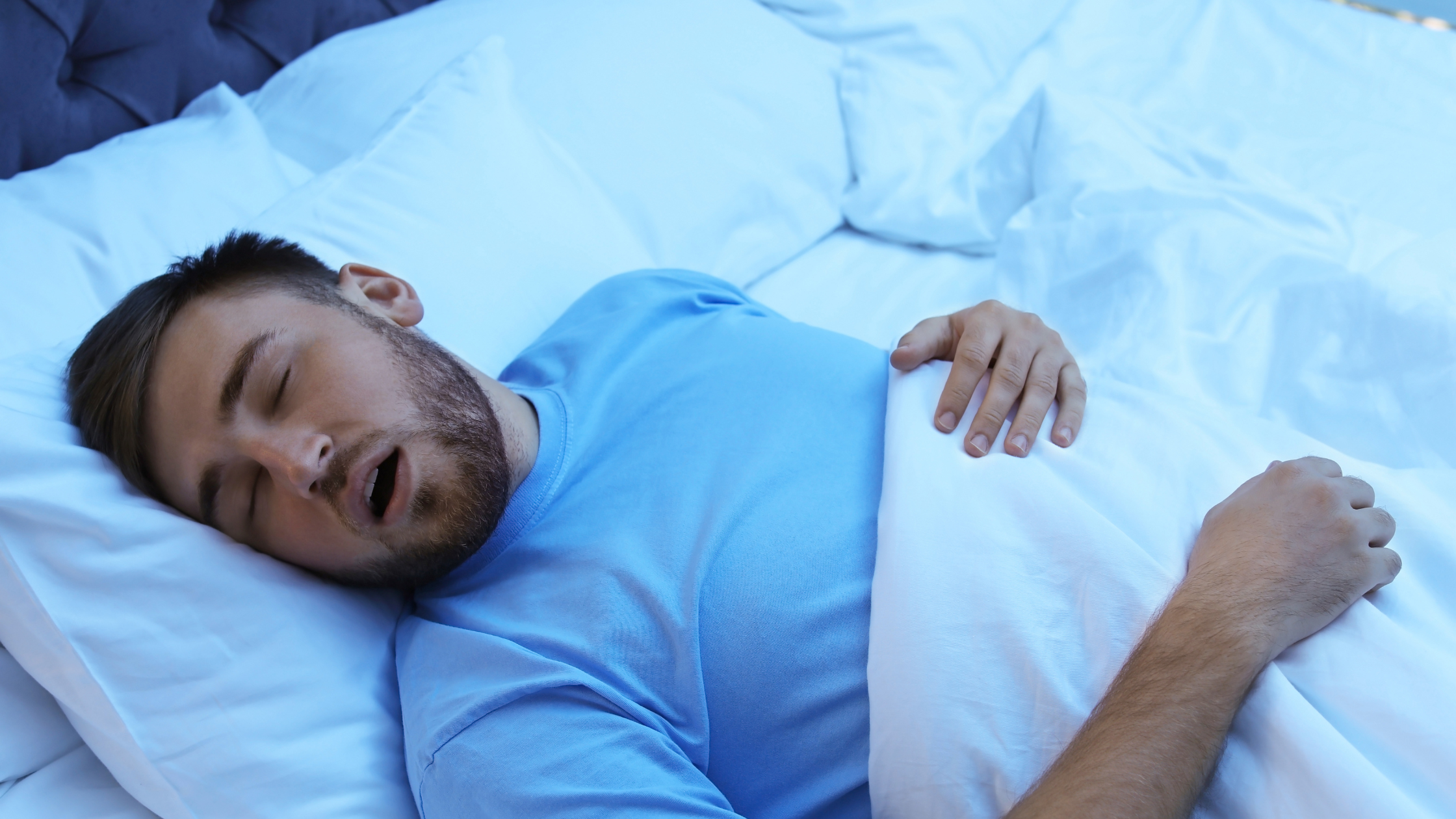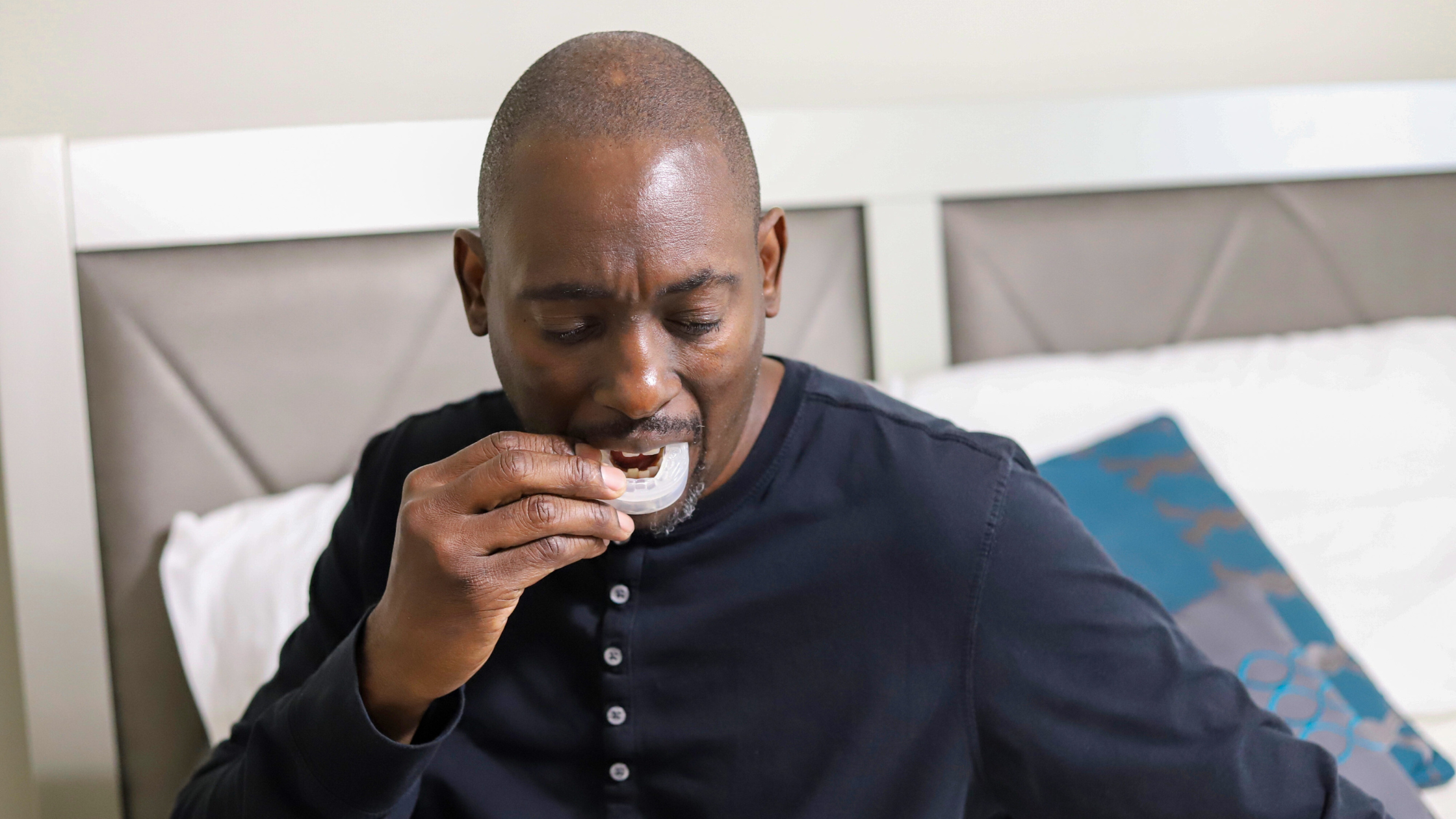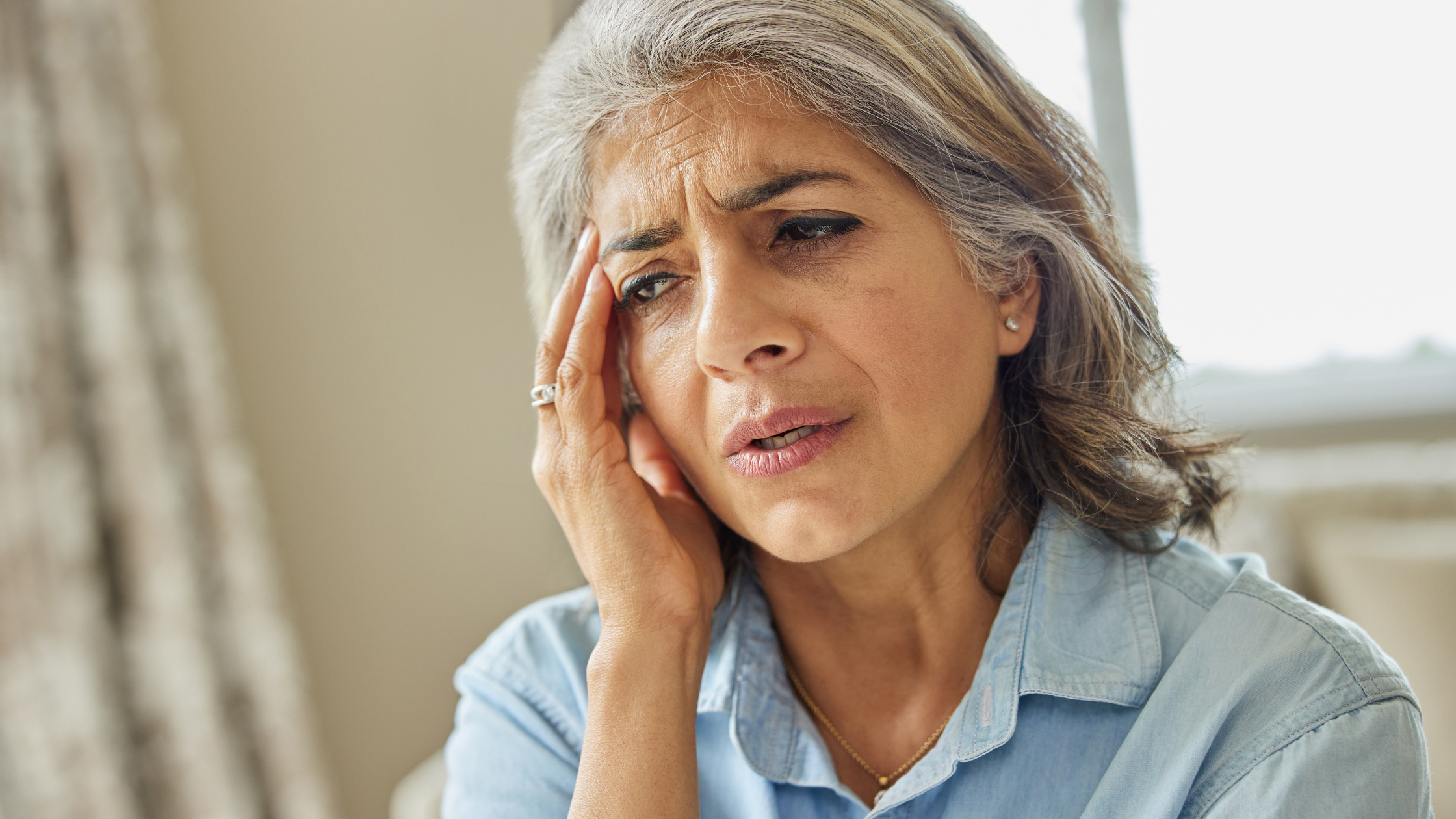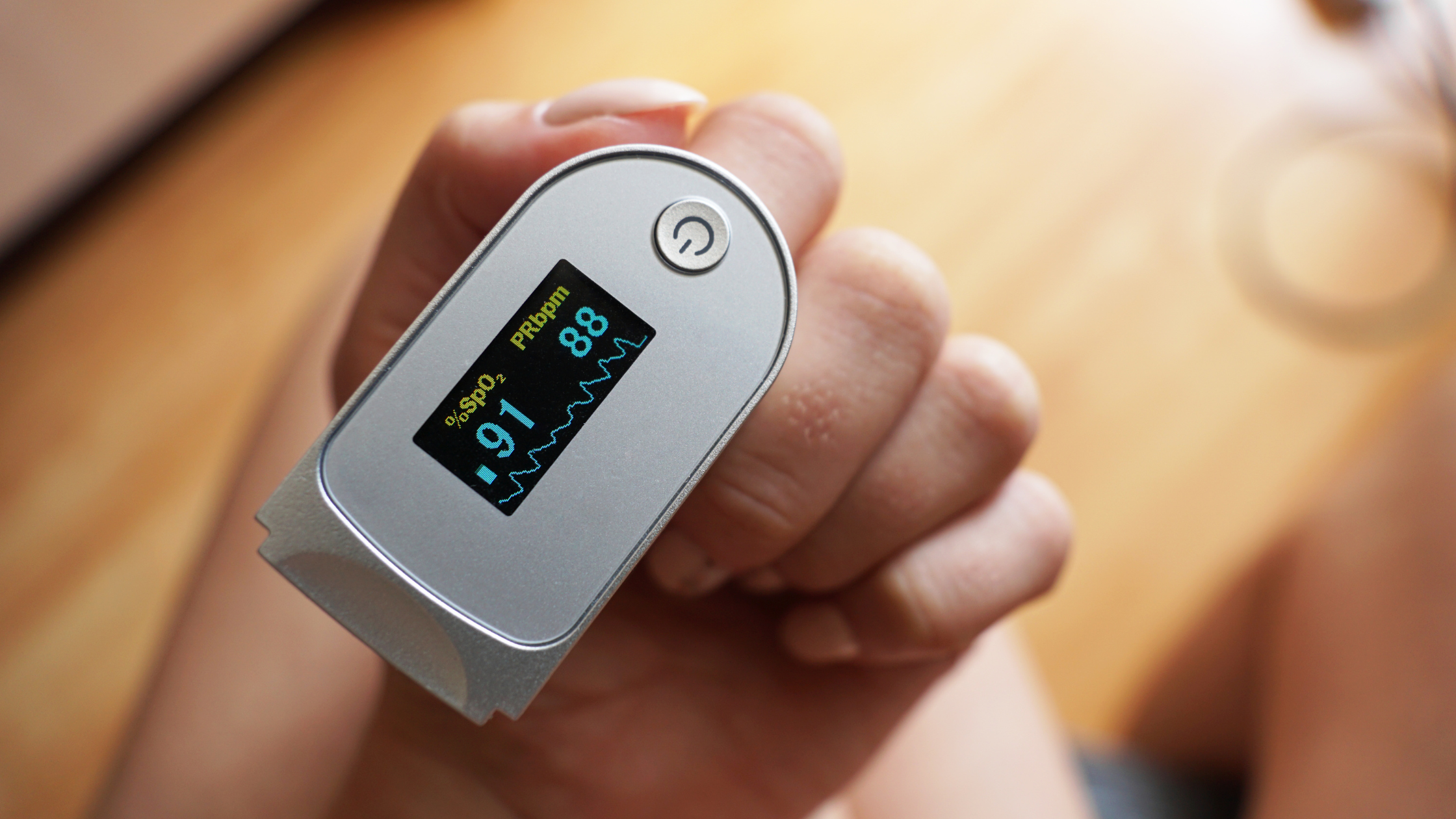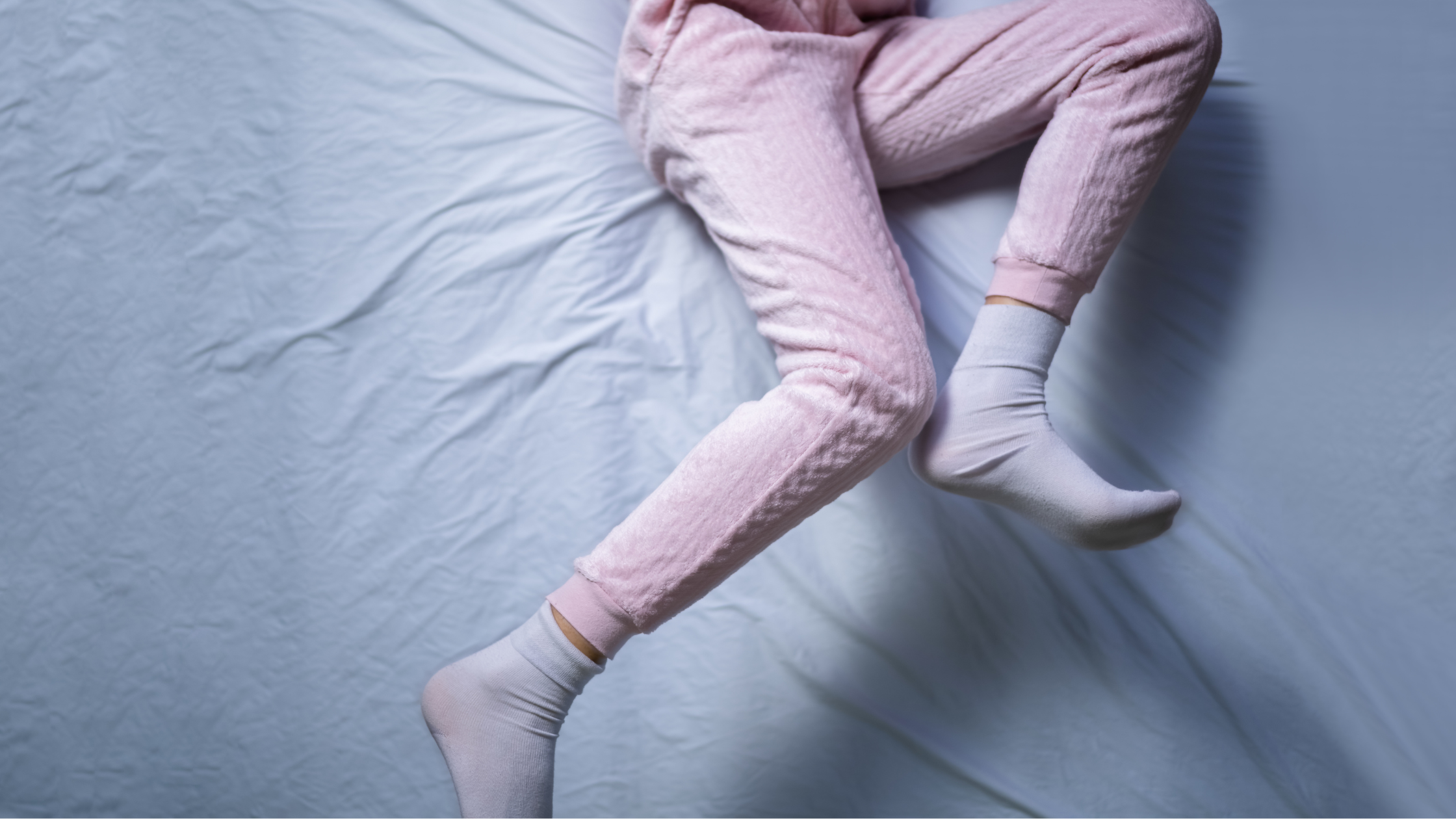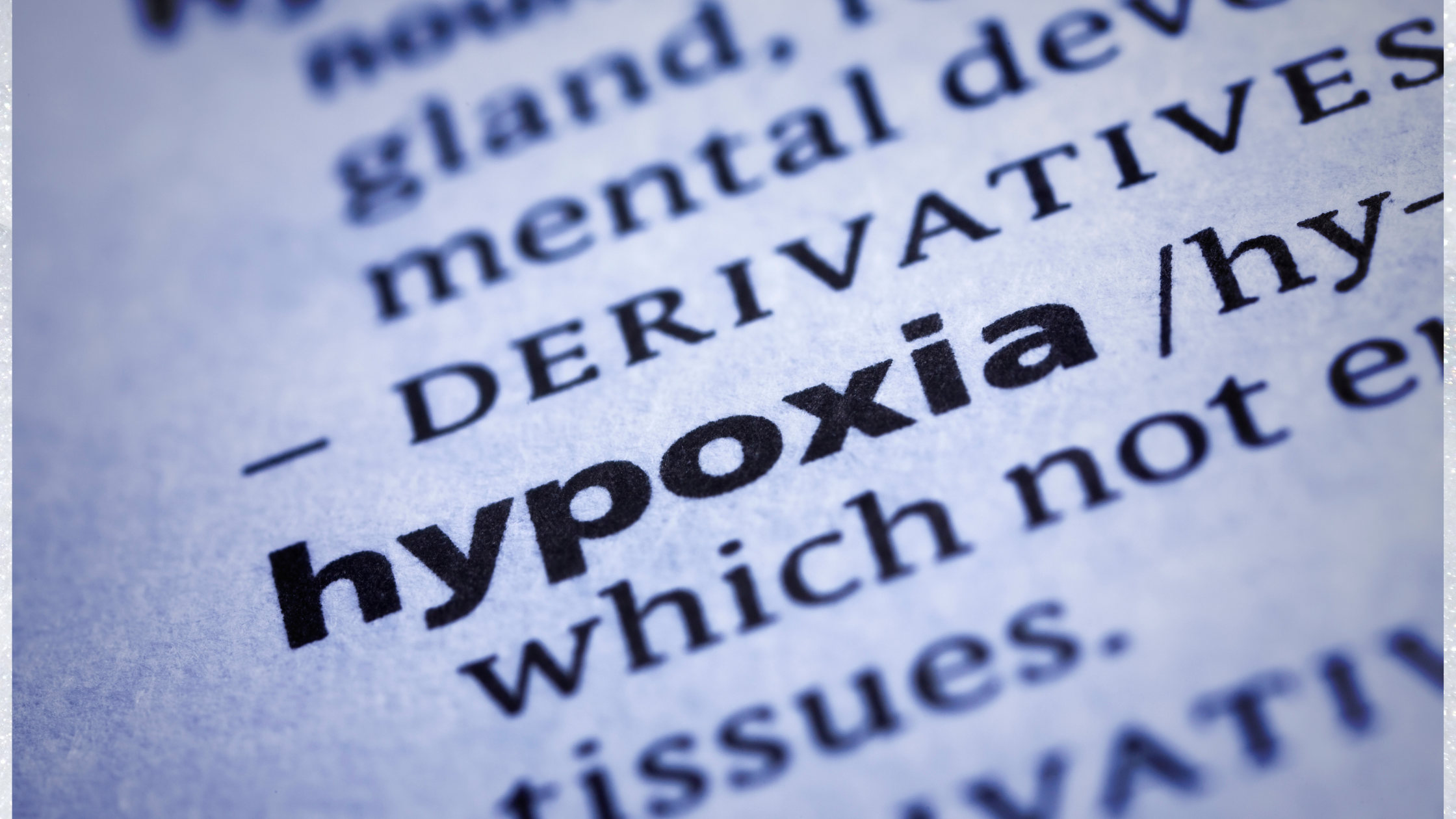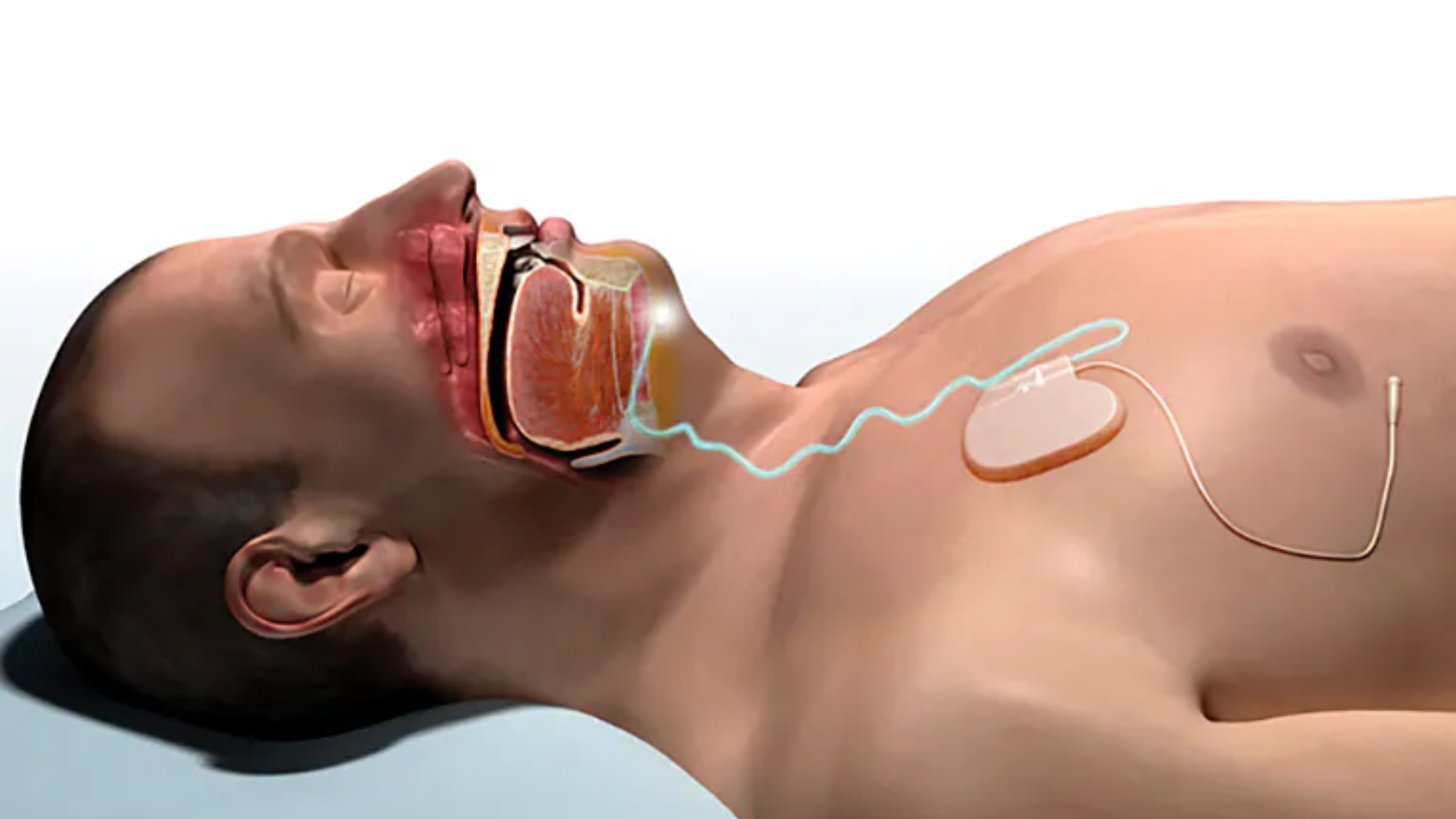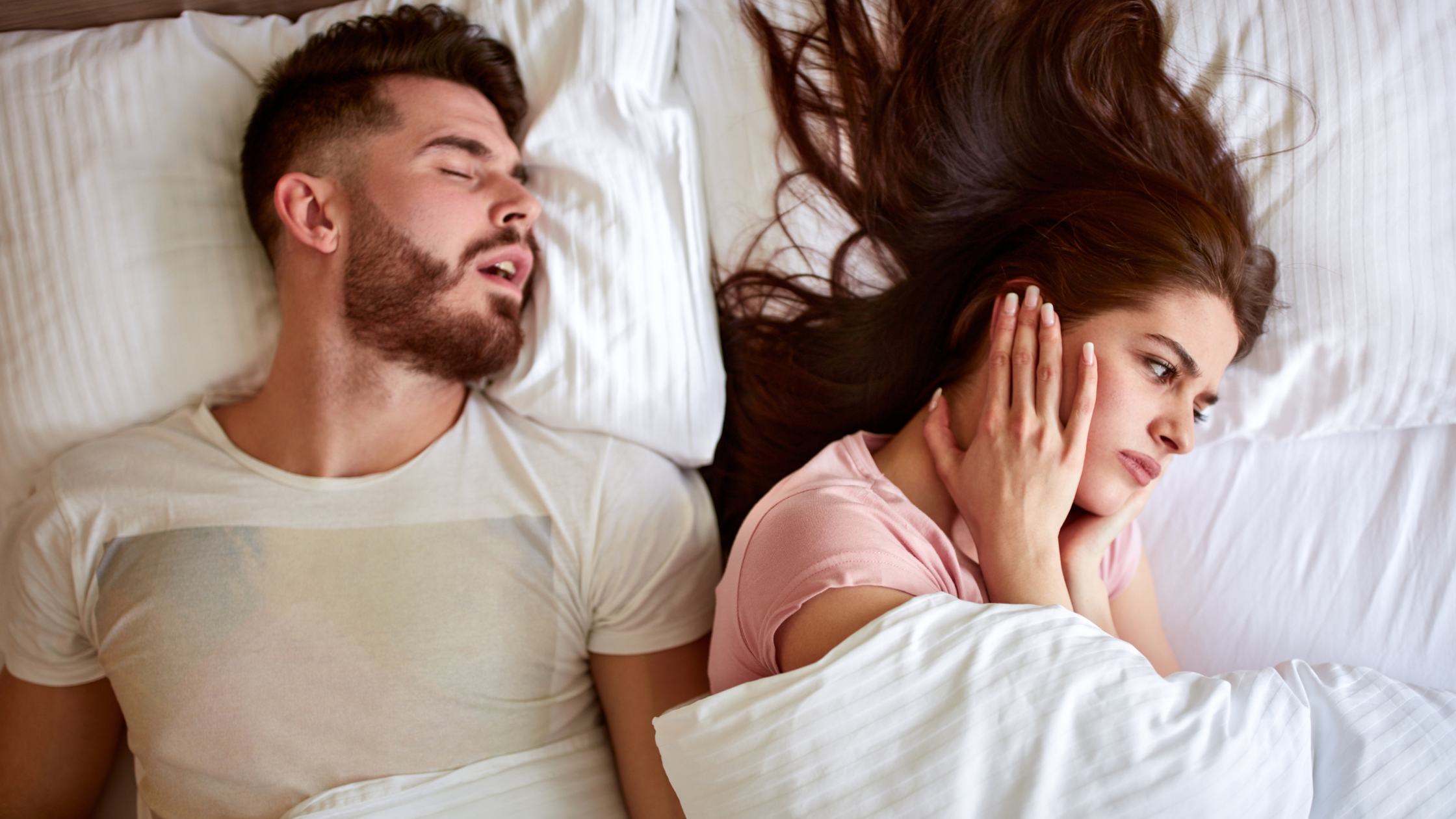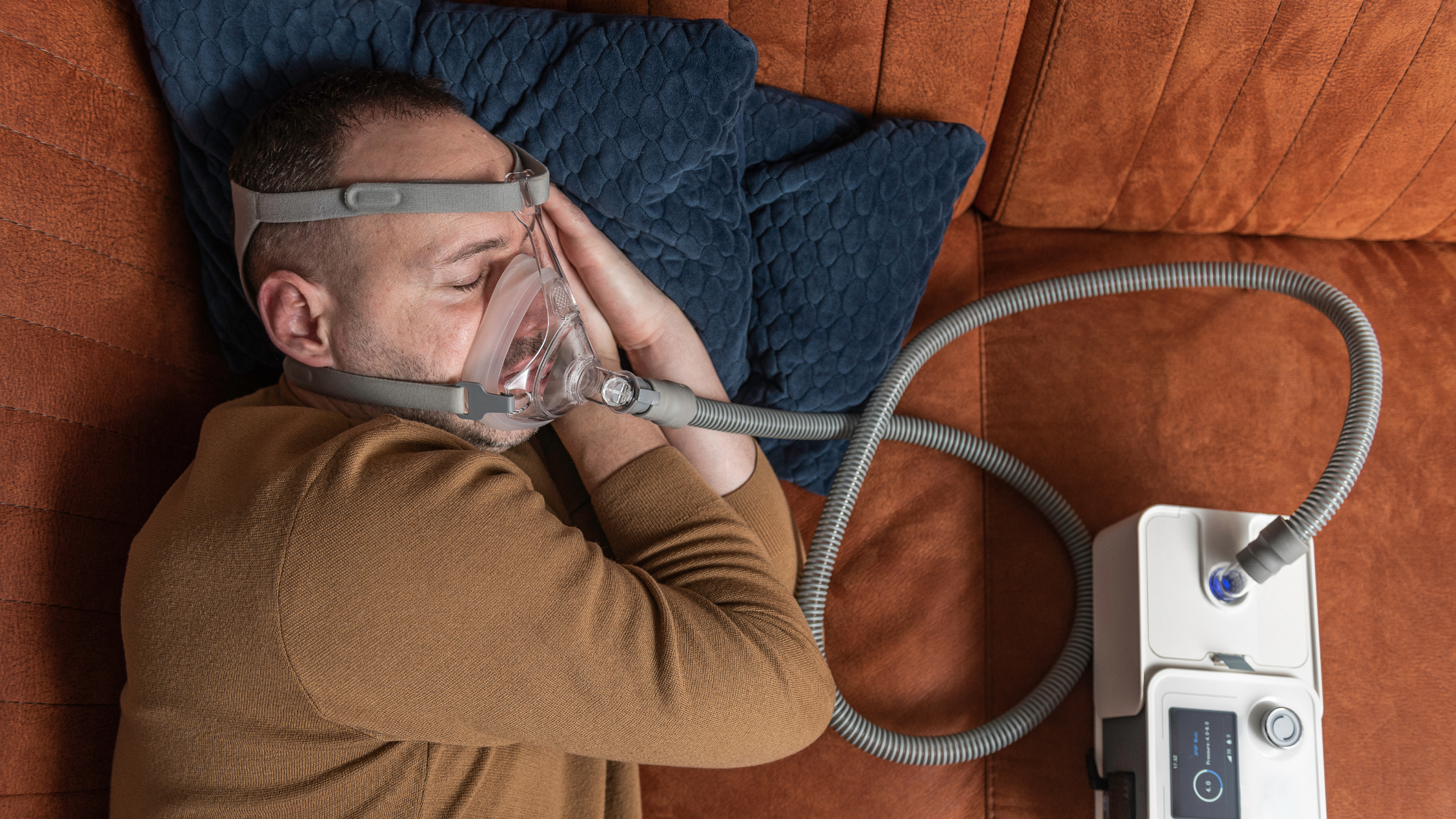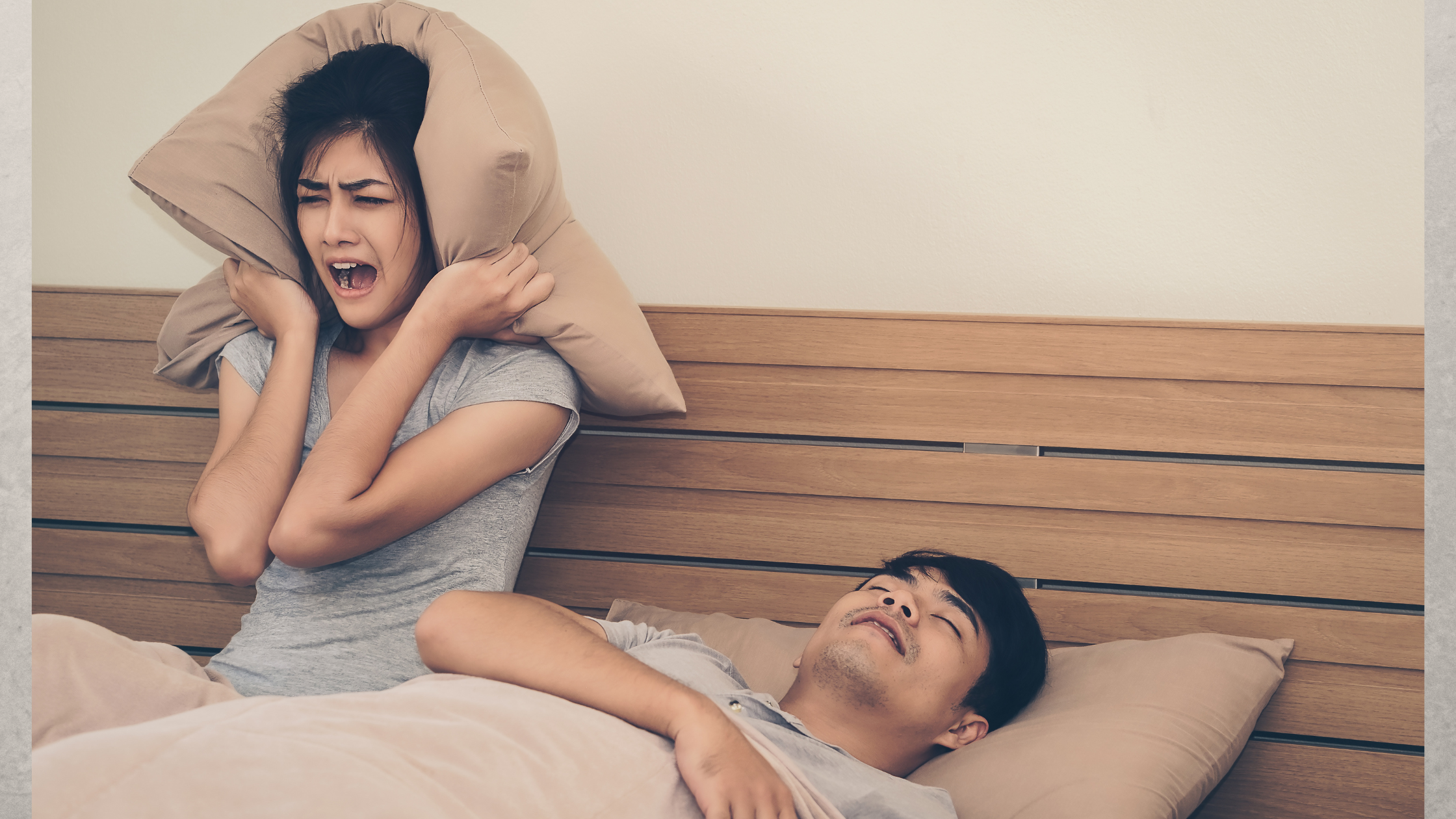Obstructive Sleep Apnea (OSA) is a sleep disorder that affects millions of people worldwide. It occurs when the upper airway becomes partially or completely blocked during sleep, leading to disrupted breathing, reduced oxygen levels, and poor-quality rest. While OSA is often linked to factors such as obesity, anatomical abnormalities, or genetics, a lesser-known contributor to the condition is the environment in which we live, work, and sleep. This phenomenon, referred to as environmentally induced OSA, highlights how external factors can play a significant role in the development or worsening of the disorder.
In this post, we’ll explore what environmentally induced OSA is, the environmental factors that can contribute to it, and steps you can take to mitigate its effects.

